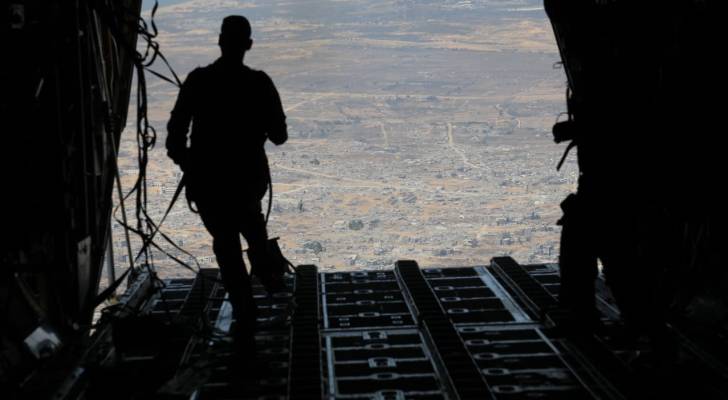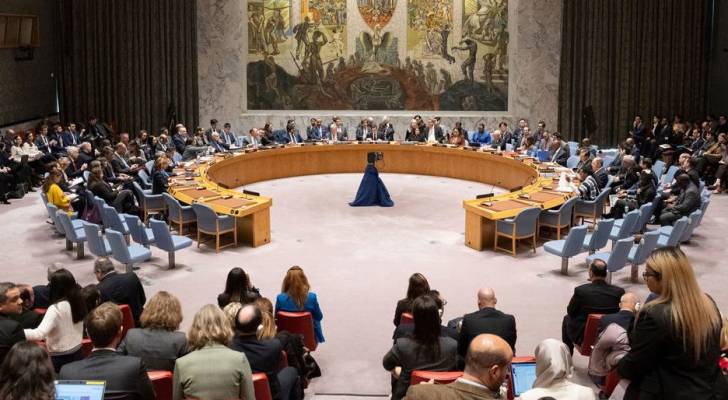UN warns Gaza fuel crisis threatens total collapse of humanitarian services
AFP
AMMAN — The UN on Sunday warned that the fuel shortage in Gaza has reached critical levels, threatening to bring life-saving humanitarian operations to a complete halt.
"Fuel is the backbone of survival in Gaza," the UN said, adding that it powers essential services including hospitals, ambulances, water systems, sanitation networks, and food distribution, according to a UN statement.
Without it, the organisation warned, the basic infrastructure sustaining 2.1 million people in the Strip is at imminent risk of collapse.
"After nearly two years of ongoing conflict, Gaza's population faces worsening conditions marked by widespread food insecurity, decimated infrastructure, and mounting health crises."
The UN also said that the absence of sufficient fuel would push the situation beyond the breaking point, particularly for the most vulnerable.
The organisation also warned that if fuel supplies are not restored immediately, operations may be forced to cease altogether. "This would lead to the shutdown of healthcare facilities, the suspension of clean water production, and the halt of emergency aid delivery."
"Without adequate fuel, Gaza faces a collapse of humanitarian efforts. Hospitals are already going dark, maternity, neonatal and intensive care units are failing, and ambulances can no longer move," the statement read.
"Roads and transport will remain blocked, trapping those in need."
The UN also warned that the collapse of telecommunications services due to fuel depletion would further paralyse humanitarian coordination and leave families cut off from vital information and each other.
Earlier this week, a limited quantity of fuel entered Gaza for the first time in 130 days, a development the UN welcomed but described as “a small fraction” of what is needed to sustain daily life and relief efforts.
“The United Nations and humanitarian partners cannot overstate the urgency of this moment,” the statement said. “Fuel must be allowed into Gaza in sufficient quantities and on a consistent basis to sustain life-saving operations and avert a full-scale humanitarian collapse.”
Latest News
-
 Trump says Gaza ceasefire 'possible' amid Starmer talks
Trump says Gaza ceasefire 'possible' amid Starmer talks
-
 Crown Prince attends ICT session within economic vision’s second phase workshops
Crown Prince attends ICT session within economic vision’s second phase workshops
-
 Jordan carries out two more Gaza aid airdrops, with UAE participation
Jordan carries out two more Gaza aid airdrops, with UAE participation
-
 Trump: I spoke with Netanyahu, working on plans for Gaza
Trump: I spoke with Netanyahu, working on plans for Gaza
-
 Two-state solution back in focus at UN peace summit
Two-state solution back in focus at UN peace summit